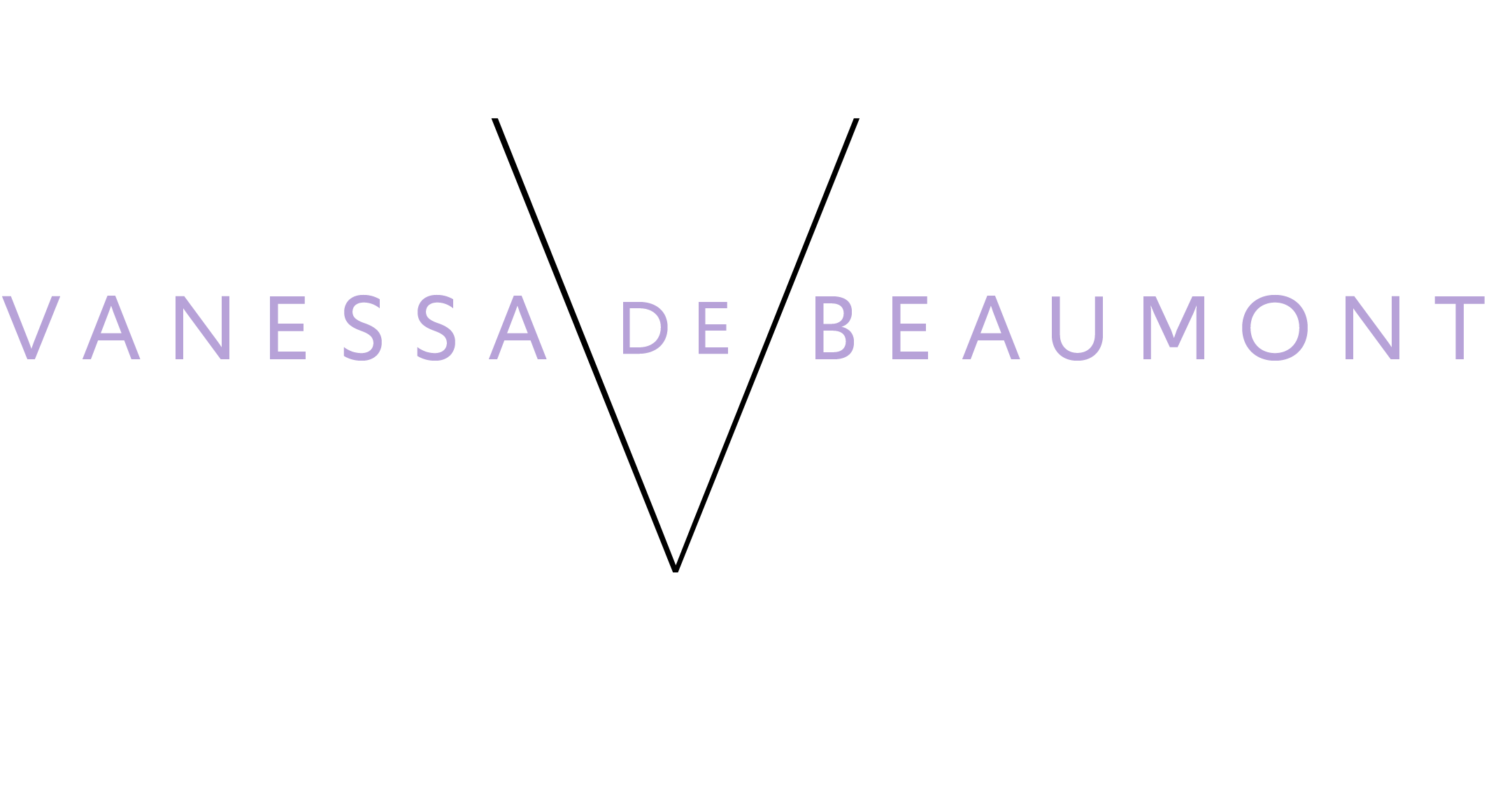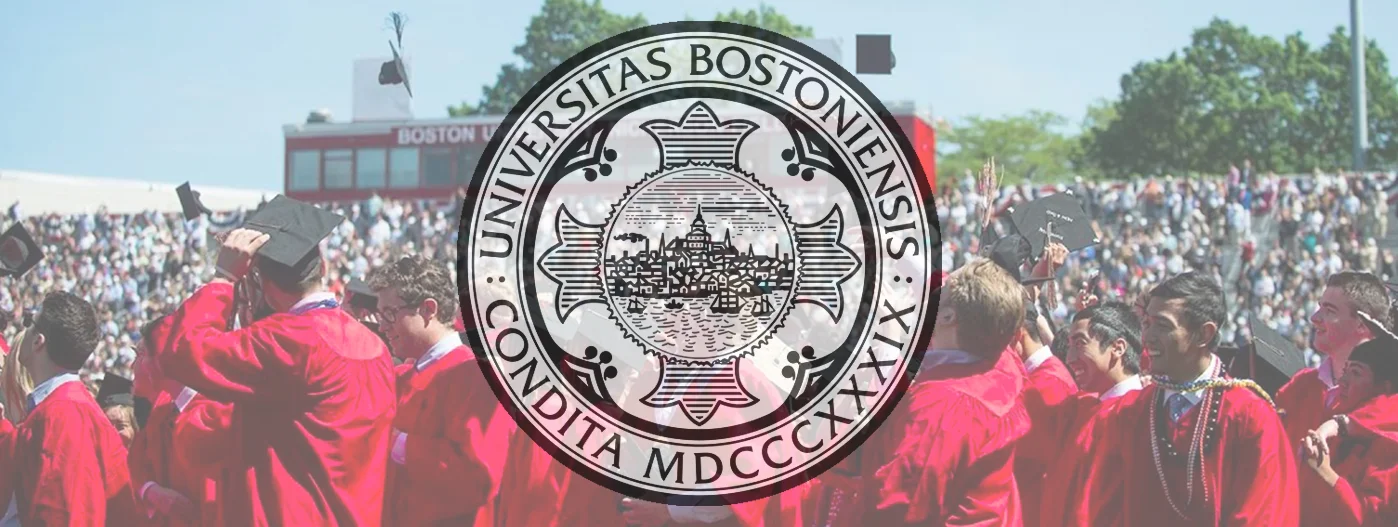Profile: Boston University Professor Alicia Borinsky
BOSTON – Terrified, she arrives in Argentina, the country she used to consider home, at an airport now laden with frightened citizens and gristly, armed military men. Shaky hands pass a note to the young woman, weary and desperate to know if her husband is dead or alive. “Do not return to your parent’s home,” it warns. “They’re looking for you.”
Alicia Borinsky, head of Boston University’s Spanish section, writer and human right’s activist, is a survivor of Argentina’s 1970s military coup and its subsequent persecution of intellectuals. After recently returning from a lecture series in the Dominican Republic, the poet, novelist and literary critic will release an English version of her newest novel, Lost Cities Go to Paradise, in coming months with three more books in the works.
The lecture series, completed last week, centered on Borinsky’s favorite area of study: the centenaries of the great Latin American writers Octavio Paz, Julio Cortázar, Nicanor Parra, Julia de Burgos and Gabriel García Márquez, associated with the “Boom” period of Latin American avant-garde. Her upcoming written projects consist of two compilations – one of short stories, one of poems – and an intensively researched book on tango which examines not only the dance, but its role in culture and in the community.
Much of her creative inspiration comes from the dark years of her country’s past, but the John Simon Guggenheim Foundation Fellowship award winner often manages to err on the side of dark, macabre humor when writing about topics of torture and terror which she witnessed firsthand.
Borinsky’s novels One Way Tickets: Writers and the Cultures of Exile, Mean Woman, and All-Night Movie all include a scene of torture – one which she wrote during the rapid escalation of violence in Argentina. She has also written a satirical short story featuring a torturer as a kind man with a nice home and pregnant wife.
“My thing in writing is very much the writing of the absurd… I make connections between the slaughterhouses that make the possibility of the beef that you eat so delicious and the torturers and the thirst for blood,” Borinsky explained. “It’s pretty painful because I write about subjects that are very, very violent. I write about things that sometimes demand action, sometimes demand reflection, things that are disturbing, disconcerting.”
As a college student at Argentina’s University of Buenos Aires in the 1960s, Borinsky was threatened by the Argentinian military because of her status as an intellectual. Following a common practice of this time, acquaintances associated with the underground resistance movement may have falsely given her name to militants during torture as a scapegoat to their cause.
Military regularly assaulted students and professors, making it too dangerous for Borinsky to stay. With her older and well-connected husband, she fled to the United States.
“I was lucky to be able to leave so that I could save my life,” she explained.
Several years later, however, Borinsky was desperate to return. In 1975, after hearing rumors of her husband’s death, she flew back to Argentina, leaving her work at John Hopkins University, intent on never returning to America.
Upon arriving in her native country, she was slipped a note warning her to leave immediately because her safety was in jeopardy. The military were searching for her in her parent’s home.
Borinsky stayed with a friend who had been previously targeted so that she would not put anyone else at risk.
Renewing her passport through underground channels, she fled to the United States for the second time with only the belongings she had on her person.
“…it was an impulse that made me go, and it was God’s grace that made me able to leave,” Borinsky recalled.
Following the incident, she had initially sworn to never return to Argentina. Having never been sympathetic to violence on either side, including the armed resistance to which many of her friends belonged, Borinsky waited until 1983, when true democracy had been established, to go back.
Now, she spends much of her year in Argentina, contributing regularly to the national newspaper, La Nación. Recently, she published a popular article about Adolfo Bioy Casares, another great Latin American writer.
The goal of Borinsky’s recent lecture tour is to perpetuate the achievements of Casares and other, similar, great authors.
These writers gave “eloquence back to Spanish, to a Spanish that had been dying a victim of its own beauty and had become kind of empty,” she remarked.
But as far as her own work, Borinsky admitted, “I actually like the readers more than I like what I write,” referencing the positive reaction to One Way Tickets. The novel, however, is still far from her favorite. “I always think that the best thing is to come.”

